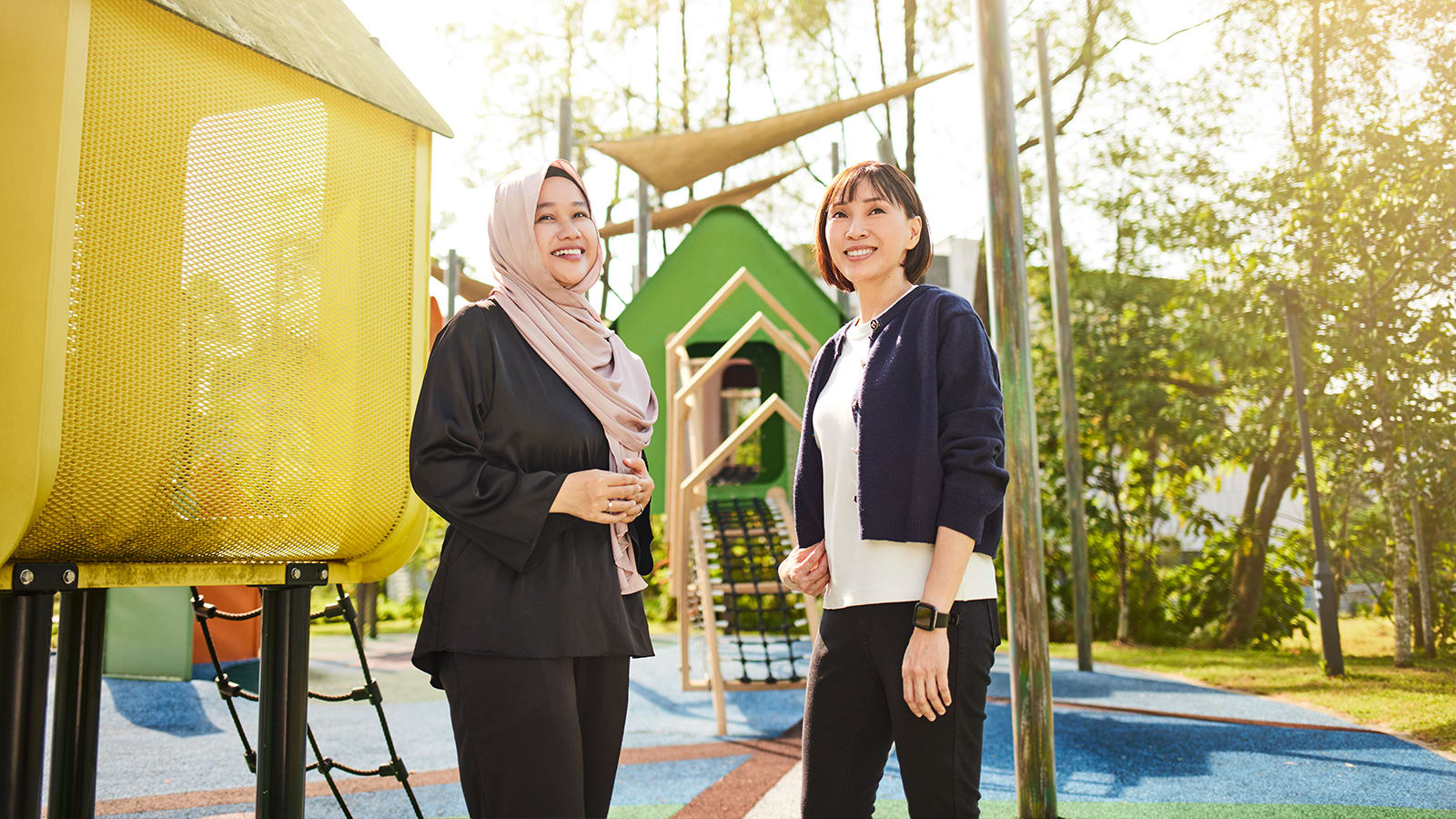To meet the evolving needs of our society, the National Council of Social Service (NCSS) and the Ministry of Social and Family Development (MSF) are encouraging more job-seekers to choose a purposeful career in social service. “The social service sector will need 2,000 more professionals over the next five years,” said Minister for Social and Family Development Masagos Zulkifli in a speech given at the Ministry of Social and Family Development Committee of Supply on Mar 6.
Having the right tools to feel empowered as a social service professional is essential. This includes access to skills development and leadership programmes, such as the Professional Capability Grant, which funds scholarships, awards, training courses and higher education. New joiners to the sector will find various opportunities to grow and nurture their own career progression, while finding purpose and meaning in their careers. Two professionals share more about their work.
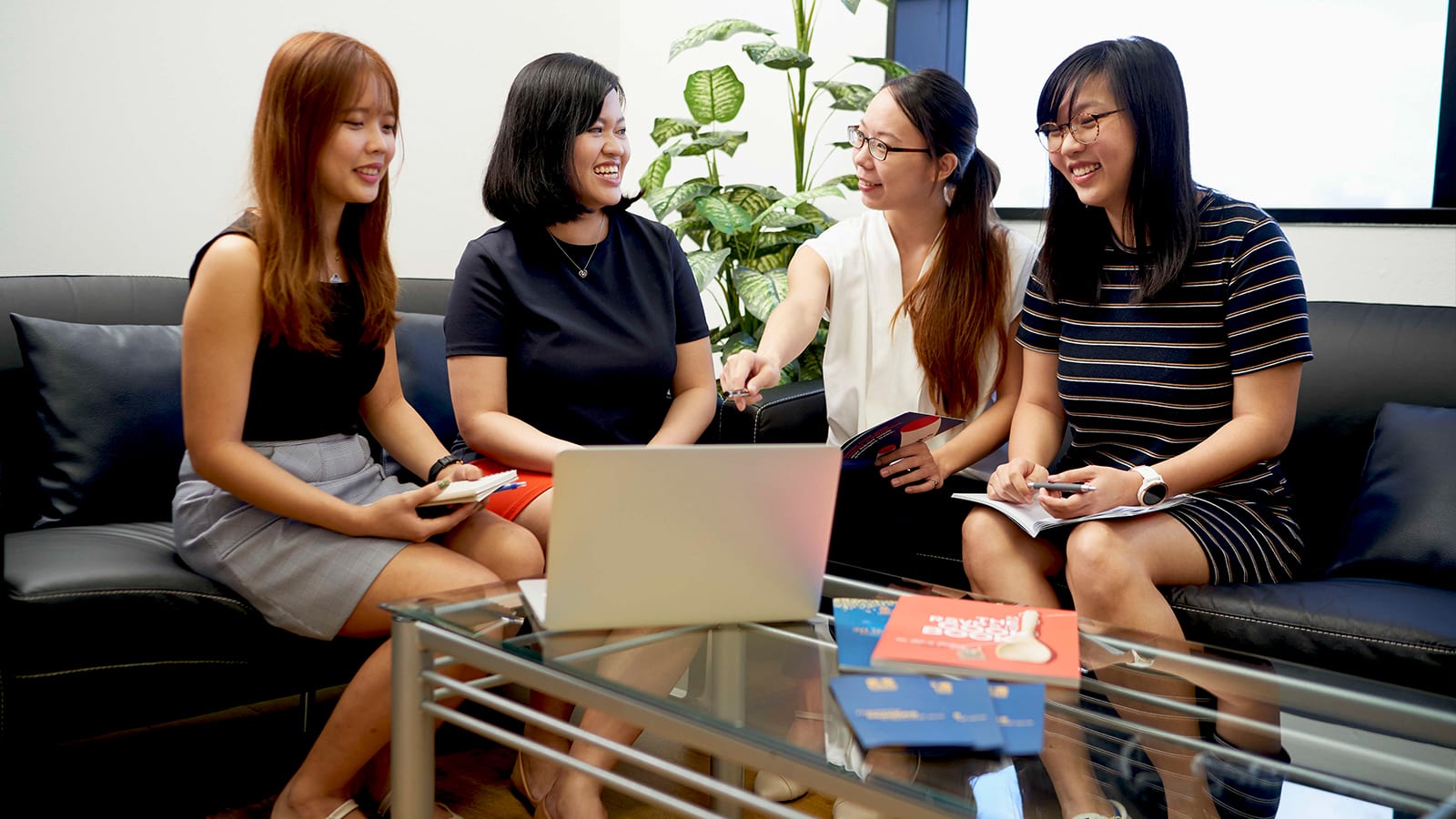
ENCOURAGING THE COMMUNITY TO CARE AND CONTRIBUTE
It was a stint assisting in stewardship of gifts and donor programmes at her alma mater, the Singapore University of Social Sciences (SUSS), that led Ms Dian Amirah Binte Alias to her calling as a community partnerships executive at Boys’ Town.
Ms Dian, who holds a degree in Facilities and Events Management, was struck by the challenges faced by students who struggled to afford their school fees despite holding full-time jobs — and the positive impact that gifts and donor programmes made on their futures.
“These students not only became benefactors themselves, but also came back as educators. Some even joined the alumni committee, demonstrating a commitment to shaping and improving the university experience for future generations.” she reflected. “Witnessing this ‘chain reaction’ of generosity wasn’t just heartening — it displayed the significance of collective efforts in fostering a supportive community.”
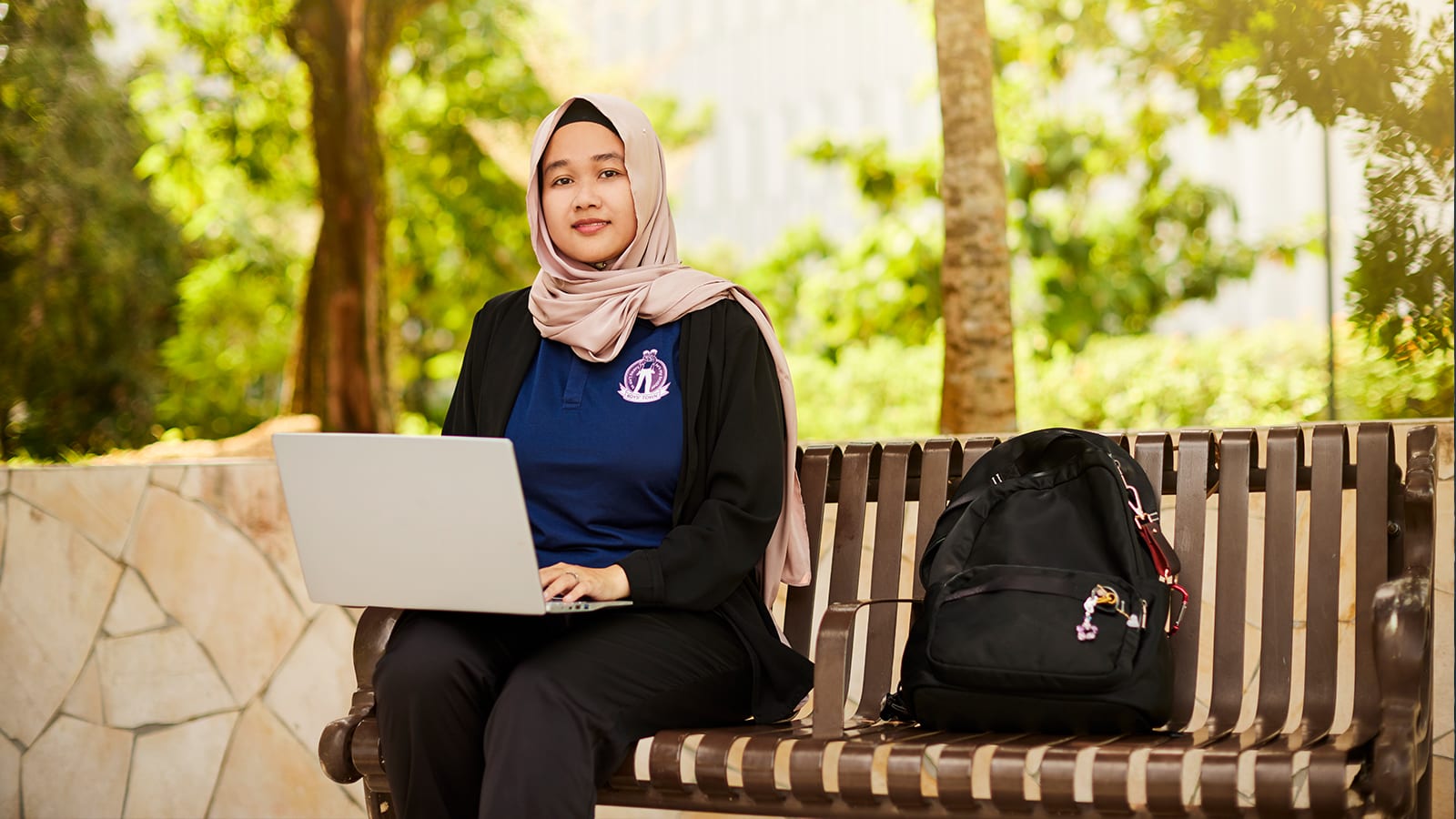
In her role as a community partnerships executive, Ms Dian is involved in fundraising, partnerships, volunteer management and communications. “Engaging with our various donors and partners enables me to facilitate their philanthropic values, and through our interactions, they play a part in spreading awareness of our mission.”
Ms Dian also coordinates the Boys’ Town volunteer management process, which involves sourcing and recruiting volunteers, and matching their areas of interest with the organisation’s needs. Volunteering options encompass roles such as transport minders, tutors, foster parents, and providing temporary respite care to families lacking a robust social support system. Volunteers also share their skills in photography, event organisation, fundraising and professional services such as graphic design or legal counsel.
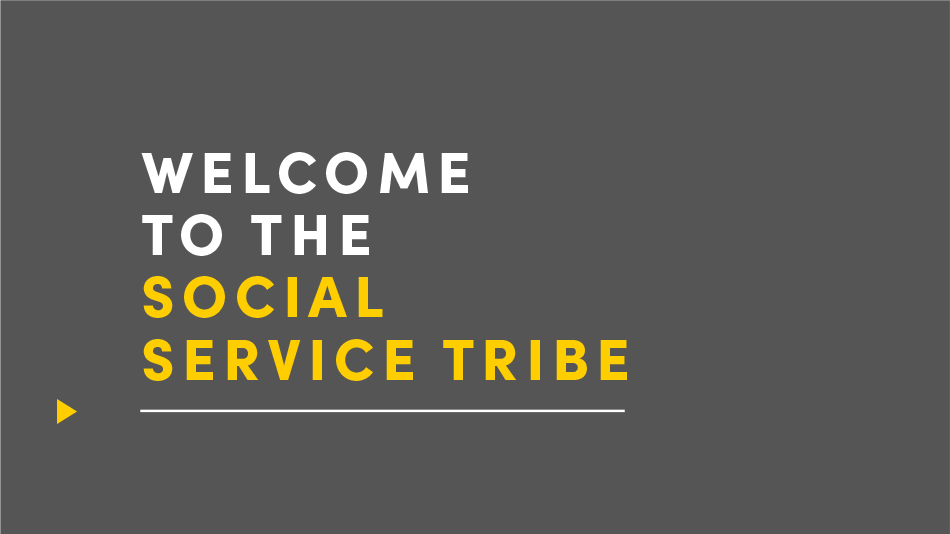
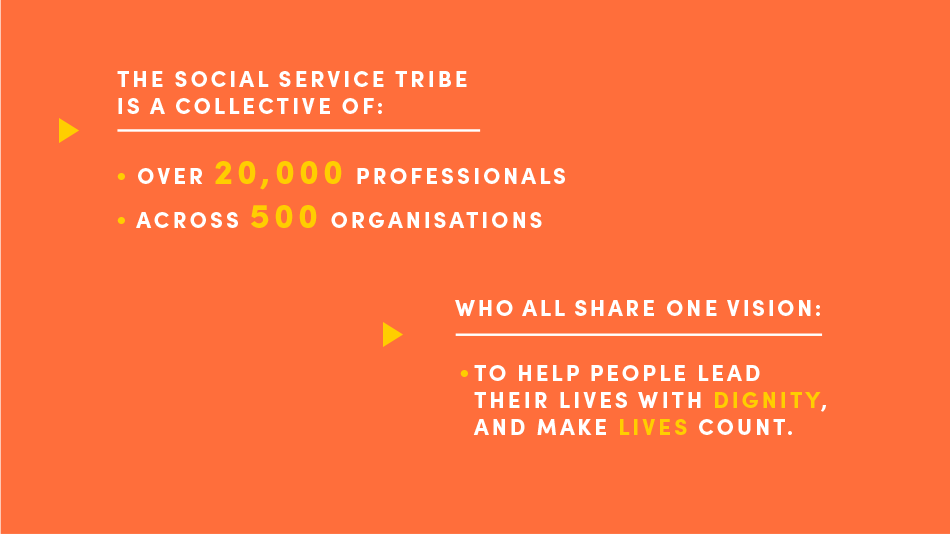
GROWING IN KNOWLEDGE AND NETWORK
In 2022, Boys’ Town sent Ms Dian to undergo certification in volunteer management practices at the Social Service Institute (SSI). SSI plays a crucial role in the social service sector, helping develop the workforce through training programmes and various learning modalities to enhance competencies of sector professionals.
The following year, she enrolled in a High Performing Charities course at SUSS, where she learnt more about non-profit leadership, governance and risk management, volunteer management and fundraising. “The learning sessions incorporated practical frameworks and real-life scenarios, empowering me with the knowledge and confidence to tackle similar challenges in my career,” she shared.
As an enthusiastic member of the Social Service Tribe, Ms Dian is keen to network with her peers from other organisations. For example, one of her course mates who organised charity dinners annually was able to offer her tips on auctions and fundraising strategies for the Boys’ Town Charity Dinner in 2023.
Almost three years into her career at Boys’ Town, Ms Dian said that she has no plans to leave the social service sector — or her tribe of fellow social service professionals. “There is truly no place I would rather be,” she shared.
“I hope to continue broadening my knowledge of the latest developments, best practices and innovative approaches in my area of work.”
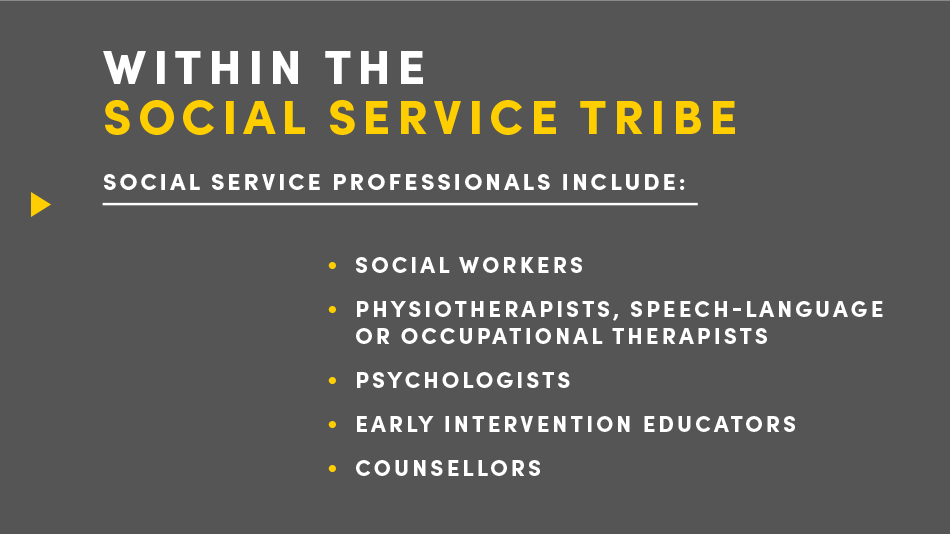
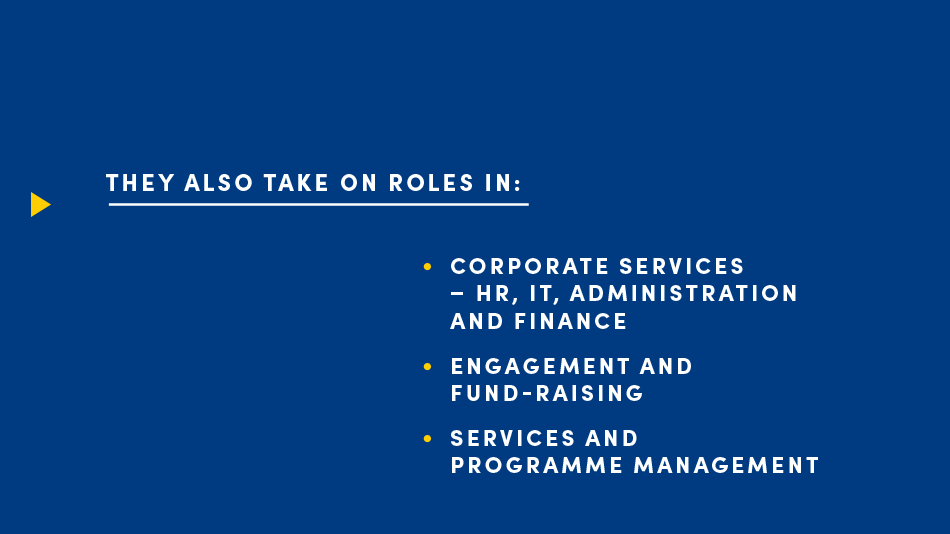
FROM ENGINEERING TO CARING
First exposed to the social services sector in 2017 at a job fair, Ms Stella Leong Mun Fah has since found fulfilment and joy in her chosen second career. As an engineer who used to work in a multinational corporation supplying the oil and gas industries, Ms Leong was used to relying on manufacturer manuals and software-based calculations at work.
She had volunteered for three months at MINDS (Movement for the Intellectually Disabled of Singapore) before making one of her life’s biggest decisions to join the organisation. But when she embarked on a mid-career switch in 2018 to become a direct care staff member with MINDS, she found that there was no manual or math formulae to act as a guide.

Instead, she relied on her mentors, comprising her manager, senior colleagues as well as the organisation’s allied health professionals and social workers. Their support has kept Ms Leong going in the last six years.
As a senior training officer at MINDS, she provides clients customised care in areas such as activities of daily living, community living skills, as well as health and fitness. “Our training plans are tailored to individual needs,” explained Ms Leong. “No two individuals share the same learning trajectory and there is no textbook for teaching solutions. We need to play to our clients’ strengths, not weaknesses, and evaluate the most feasible teaching possibilities.”
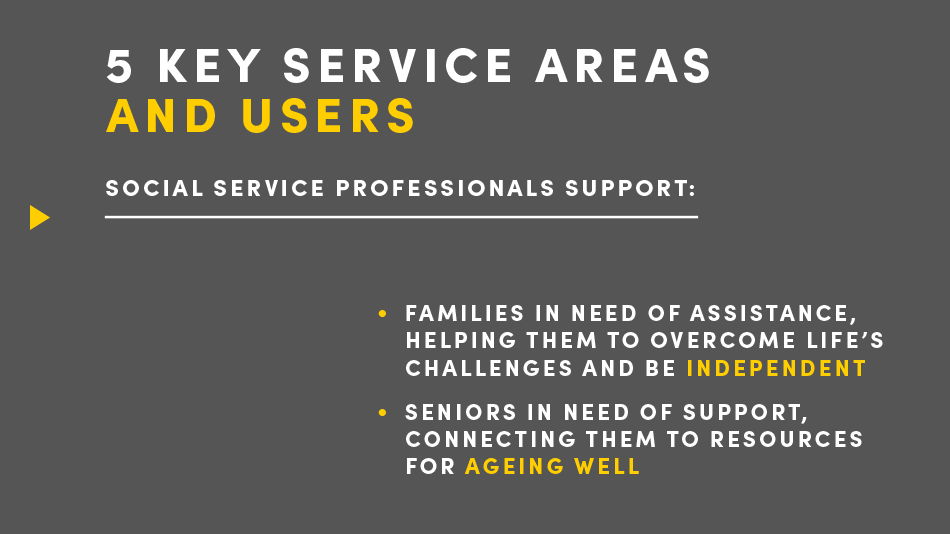
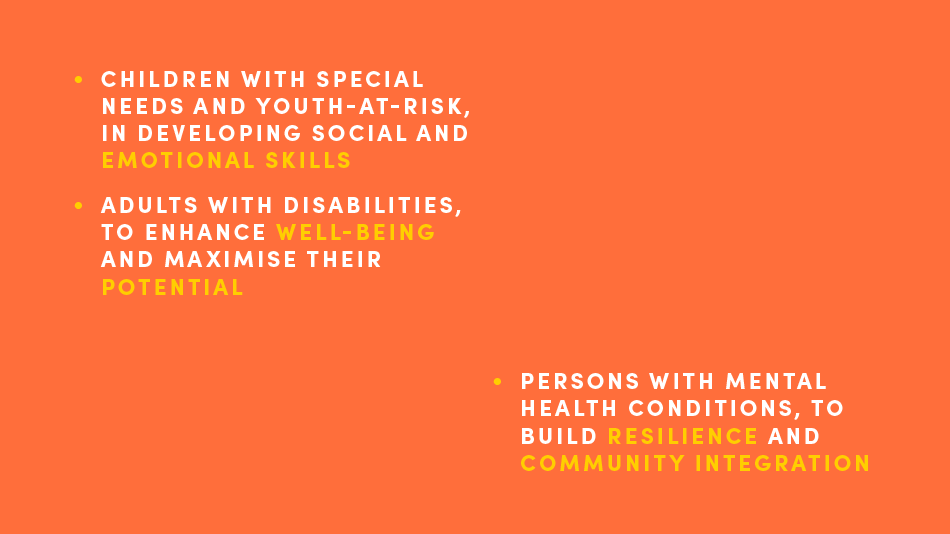
TAKING A RESEARCH-BASED APPROACH TO INTERVENTIONS
Ms Leong received essential educational resources to succeed in her role through MINDS’ collaboration with Griffith University in Queensland, Australia, which enables it to offer its staff relevant opportunities for skills upgrading. Ms Leong completed her Foundation in Autism Studies qualification in 2019, and in 2022, attained her Graduate Certificate in Autism Studies.
“With my newfound knowledge, I have learned to support clients with autism spectrum disorder (ASD),” she said. “Currently I work with adults with special needs ranging in age from 19 to over 70 years old, and one can imagine the countless transitions our clients will experience over their lifetimes, from environmental changes to meeting developmental milestones.”
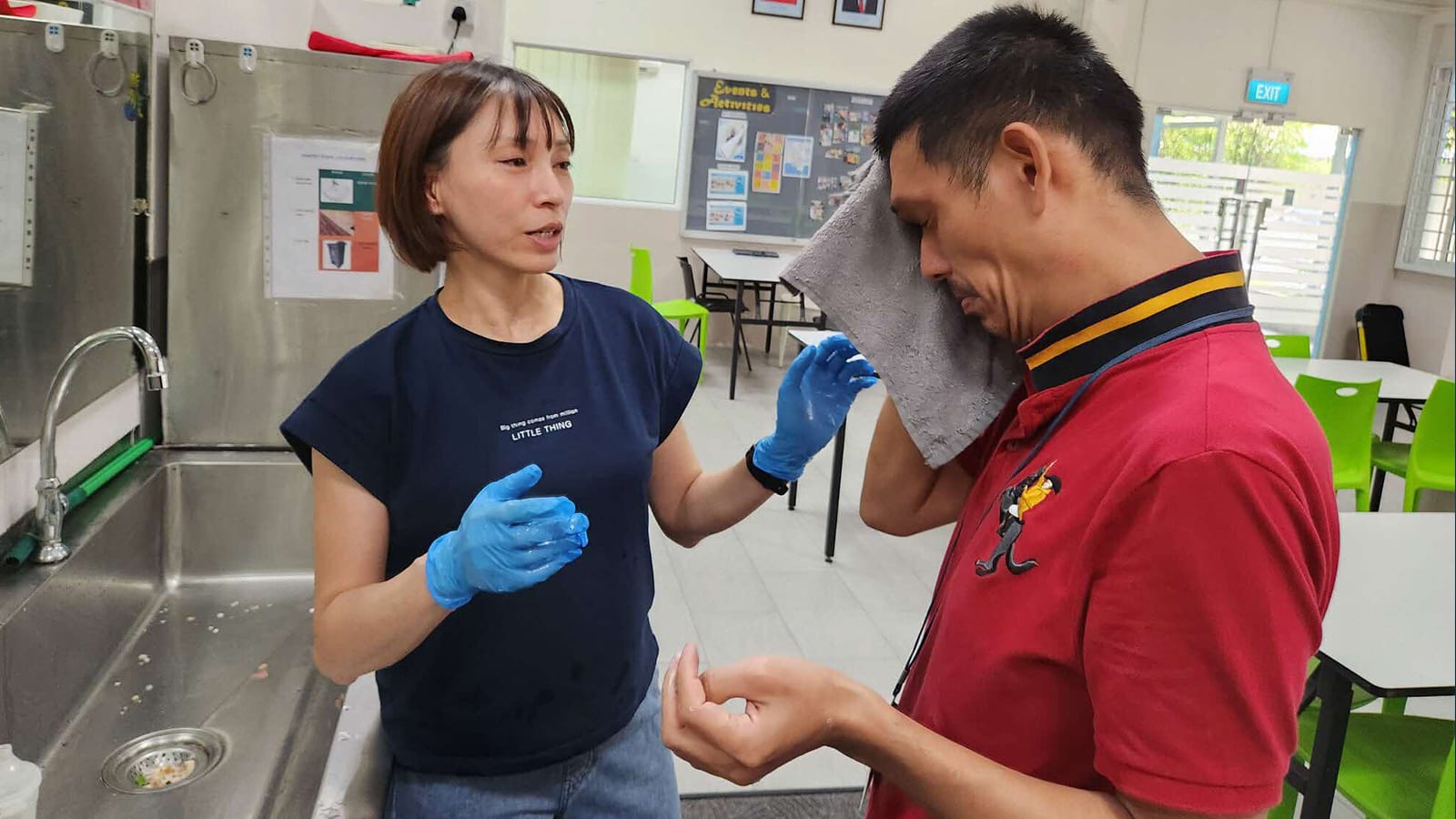
Ms Leong recalls a client in his 50s who was deeply uncomfortable with new experiences. He ate no fruits except bananas, only drank hot kopi-O, and insisted on wearing a plain white T-shirt every day. She worked to brainstorm creative ideas to introduce him to new experiences, enlisting the support of his peers for motivation. Progress, while slow, was definite. After two years, her client was able to eat different foods and wear coloured clothing for events and festive occasions.
FINDING COMMUNITY AMONGST LIKEMINDED INDIVIDUALS
Just as Ms Leong found a circle of support with her colleagues at MINDS, the organisation itself is located in a hub with other social service agencies such as The New Charis Mission (TNCM), APSN and WE Care Community Services — an arrangement that allows for unprecedented levels of synergy and collaboration, as well as a greater sense of shared purpose and community. “The one-stop community hub means we can share resources to better provide for our clients,” she explained.
To those considering a similar mid-career change to become part of the Social Service Tribe, Ms Leong has some advice: “Just like every new job, learning the ropes may seem like an uphill task. Give yourself and the clients ample chance to discover one another’s strengths and have faith in them — and in yourself.”











